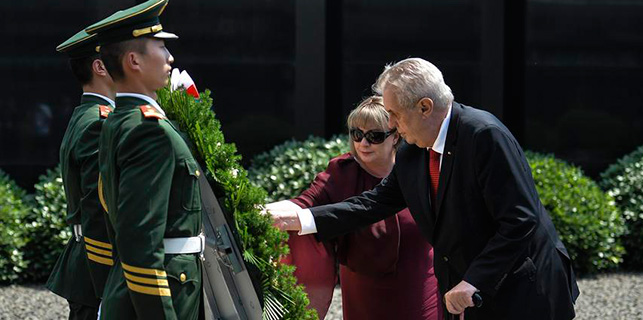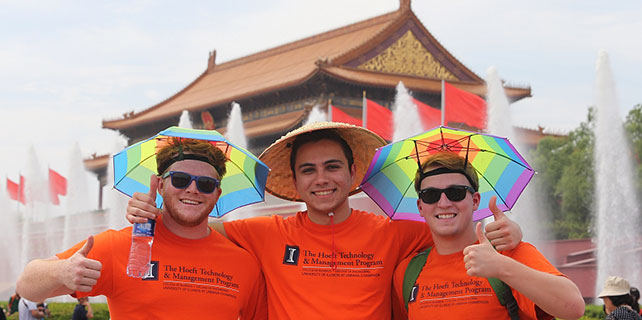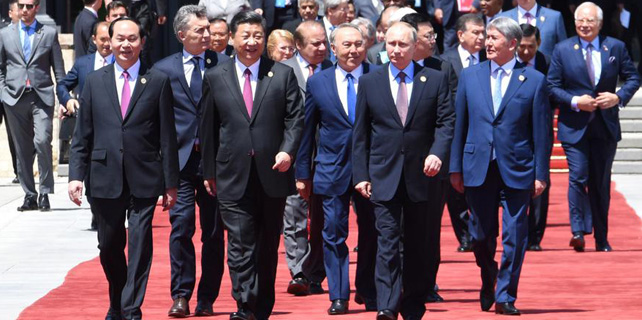Charlotte mayor optimistic on China trade
The mayor of Charlotte, North Carolina returned from a trip to China impressed by two cities' environmental approach along with some prospects for clean energy business for her state.
Mayor Jennifer Roberts, the third Charlotte mayor to visit China this decade, led a delegation of 12 on a 10-day trip to five Chinese cities in March.
They visited Baoding, Charlotte's sister city since 1987, and Shenzhen and Nanning, which are partner cities with Charlotte, as well as Beijing and Hong Kong.
"Nanning has consciously planted beautiful trees, bushes and flowers along the major highways. It's better for the air quality, for people's attitude about being in a big city," Roberts said.
In Shenzhen, Roberts was impressed to learn that within a year, all 16,000 city buses will be electric.
"We were very impressed with their commitment to clean energy, their commitment to reducing carbon and pollution," Roberts said.
In Baoding, Roberts helped celebrate the 30th anniversary of the Charlotte-Baoding sister city relationship.
"The mayor in Baoding was very excited having us there," Roberts said.
Another result of the trip is that Chinese companies interested in visiting Charlotte.
"There was a lot of interest in renewable energy, technology and fintech (financial technology)," Roberts said.
"We're very pleased that Charlotte now is in the focus of Chinese business people and researchers and those who are looking at overseas investment and opportunities for growth," she said.
Charlotte is the largest city in the state of North Carolina, the second-largest city in the southeastern US, and the second-largest finance center in the US.
"Charlotte, and (US) cities in general, is going to be very dynamic in promoting trade and business connections with China. That's because the growth in our economy is happening in our cities. And Charlotte, as the second fastest-growing city, is at the center of that growth," Roberts said.
Roberts said that when the Trump administration sees how cities are connected to China, how they have trade, business, research and cultural connections, "that will help inform US trade policy in general. It'll take our business leaders advocating to keep those trading doors open and to keep those exchanges going.
"The foundation of business is trust," she said. "The more Charlotteans go and visit China, see the innovation and see the flexibility, the more we'll establish trust as well."
Roberts expects more Chinese companies to come to Charlotte. She also said that there will be some announcements along those lines in the next six months.
Eight years ago, there were only four Chinese-owned firms in Charlotte.
"Now we have 43. That number will probably double in eight more years," Roberts said.
Roberts also said she would put Xiongan on the itinerary for her next trip to China.
On April 1, the Chinese government announced it would establish the Xiongan New Area in Hebei province, as part of a plan to advance the coordinated development of the Beijing-Tianjin-Hebei region.
The New Area, about 100 km southwest of downtown Beijing, will span three counties at the center of the triangular area formed by Beijing, Tianjin and Hebei's provincial capital Shijiazhuang. The move will help phase out functions from Beijing that are not related to the capital.
Xinhua contributed to this story.
leshuodong@chinadailyusa.com















